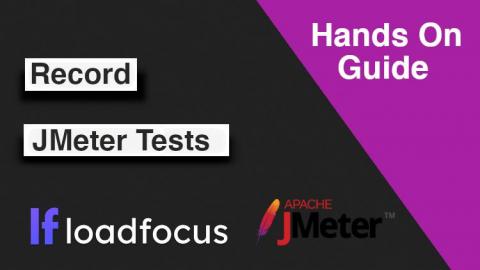Systems | Development | Analytics | API | Testing
%term
Introduction to Sauce Labs Platform
OctoPerf v12 webinar
Taking the Leap Seamlessly Transition Legacy Applications to Kubernetes
20.4 Product Announcement Webinar
How to Record and Run Load Tests with JMeter in the Cloud Chrome Extension
It’s so easy to record a load test for your website, just add to Chrome Browser the JMeter in the Cloud Chrome Extension and you’ll be able to record and run a load in less than 60 seconds. Let’s have a deeper look how to do this. This is it, less than 60 seconds to record a load test. Now you can: More detail can be found in this video. Written by Bogdan Vazzolla.
Service Design Guidelines with OpenAPI and Kong - Part I
We are in the midst of an explosion of APIs and microservices. For some, the first instinct of creating an API is to get down to building one. Some level of planning will help manage the quality of APIs when working within a team. In this series of blogs, we will be sharing some guidelines on service design while working on API projects with Kong. Let us start by focusing on how to go about designing APIs that end up as entities that the Kong API Gateway runtime understands.
What is API Observability
API Observability is a key component to properly execute APIOps Cycles and ensure your building something of value for your API users. If you’re not familiar with APIOps Cycles, take a look at this guide which provides an agile framework to quickly build APIs that are business-oriented and serve customer needs. API Observability itself is an evolution of traditional monitoring and born out of control systems theory.
Focus On The Path, Not Only The Product: Here's Why
As engineers, we continuously aim for perfection. The drive to deliver the perfect product sometimes defines how good we are as engineers. We often discuss and fine tune the term and the essence of our product’s perfection. Some claim that a perfect product is one that handles all the edge cases, works flawlessly, and can do everything.
Announcing N|Solid 4.3.0 - Import/Export Settings
We are excited to announce N|Solid v4.3.0, which delivers Import/Export functionality allowing users to easily match configuration settings across and covers the security patch to coincide with Node.js v15.2.1, v14.15.1, and v12.19.1. N|Solid Console users can now export configuration settings using either NSolid Console or the CLI, the result is a JSON format file which can be used to import settings across different setups.











